Paradiso Canto 20
OVERVIEW
Josh Gibbs is an Upper School Humanities Teacher at Veritas School in Virginia. He is a lover of Great Books, a contributor at the Circe Institute, an associate fellow with the Alcuin Fellowship, and advisor to the Templeton Honors College at Eastern University.
Questions for Reflection
- Who are the two unexpectedly saved souls in the eyebrow of the eagle? Based on the logic of Dante’s poem so far, where in his afterlife would we expect these characters to be? How does Dante register his surprise at their presence?
- Regarding Trajan (20.106-117), Dante draws on a popular folktale in which St. Gregory the Great prays for the soul of the deceased pagan emperor Trajan. God raises Trajan from Limbo in hell so that Trajan can be baptized. Once baptized, Trajan dies again and ascends to heaven. How does Dante depict Trajan’s love and hope for Trajan playing a role in Trajan’s salvation? Did Gregory’s will change God’s will for Trajan? How might we see Gregory and Trajan as ciphers for Dante and Virgil?
- Dante likens the magnificent eagle to a humble songbird–the lark (LINES). What does this imagery help us to understand about the relationship between contemplative vision, humility, and praise?
- Who is Ripheus and how is he saved (20.67-78; 118-129)? What is Ripheus’ relationship to Virgil? How did Ripheus come to be saved? Does Ripheus’ presence in heaven offer any hope for Virgil’s salvation?
- Why should mortals restrain themselves from exercising judgment on the eternal state of individuals (20.133-135)?
DETAILS
- Dr. Josh Gibbs
- Templeton Honors College
- Run Time 6:18








